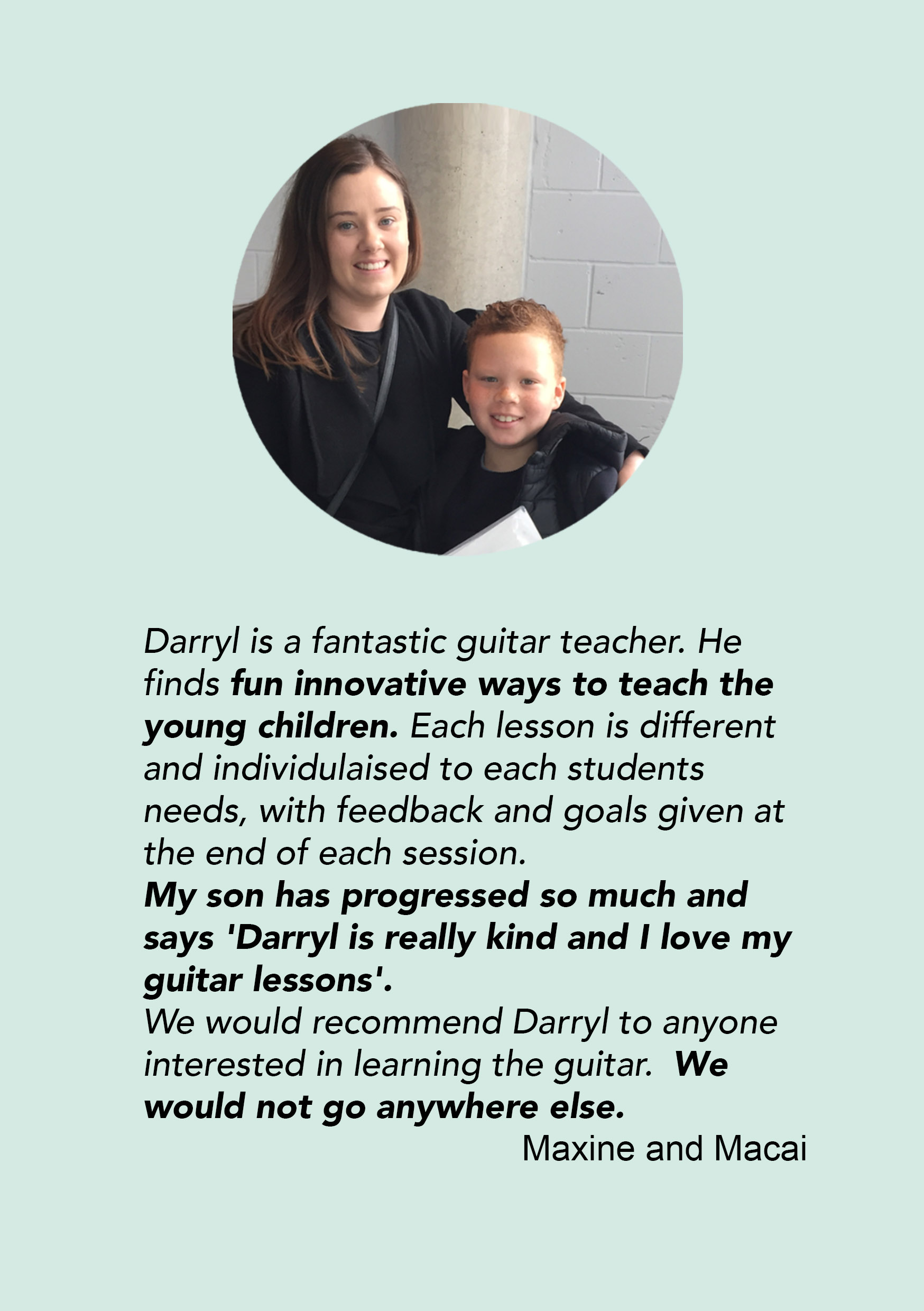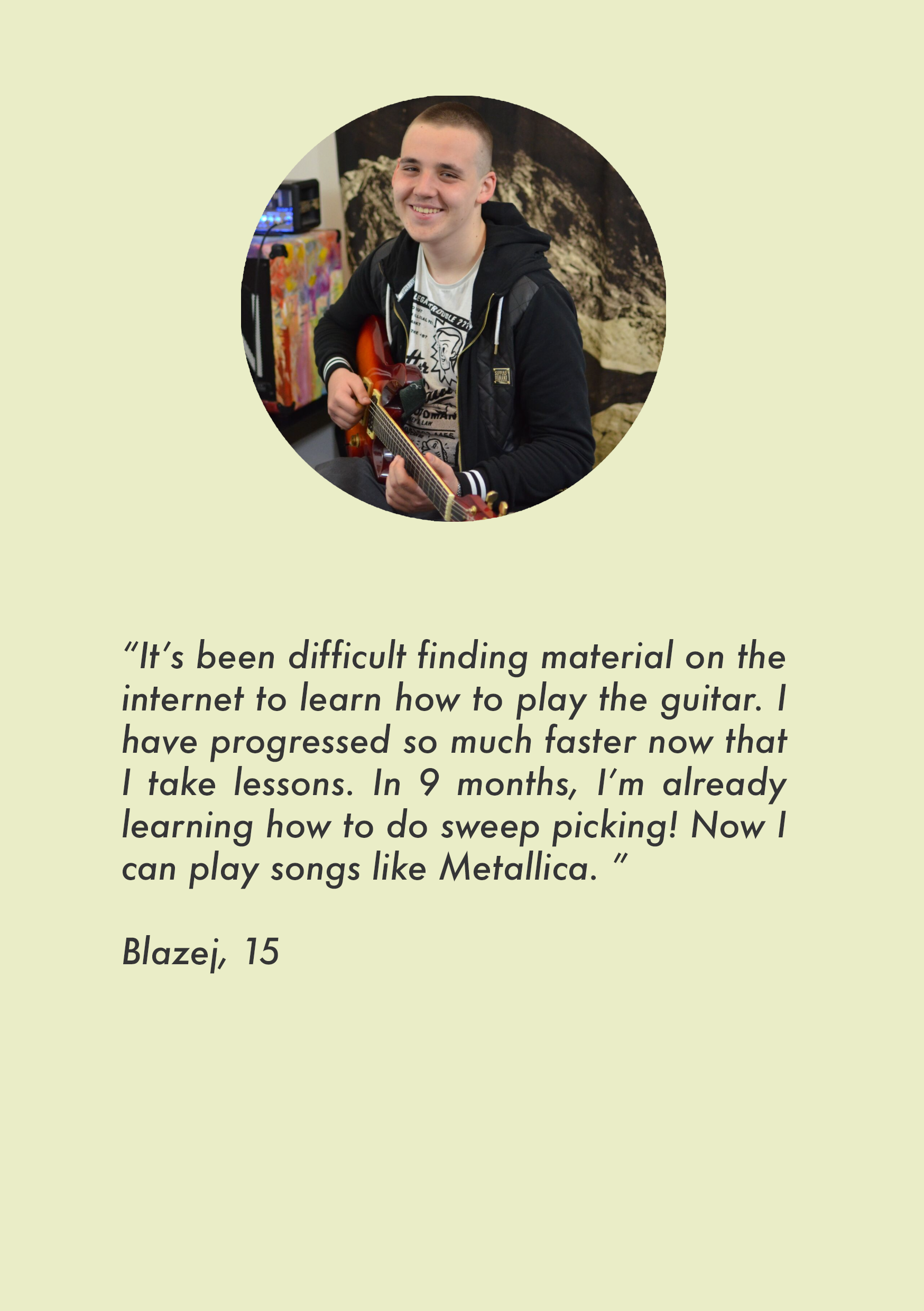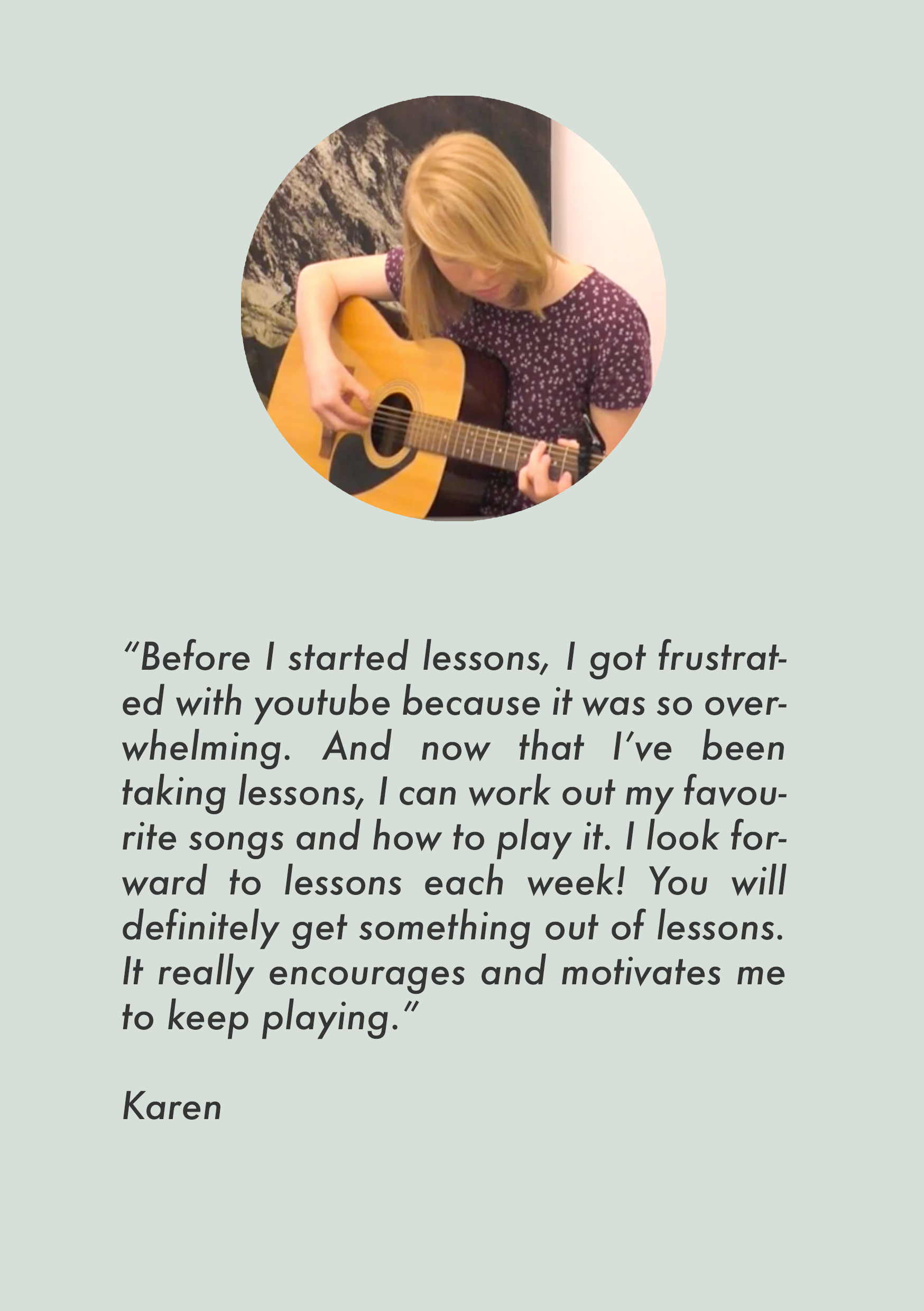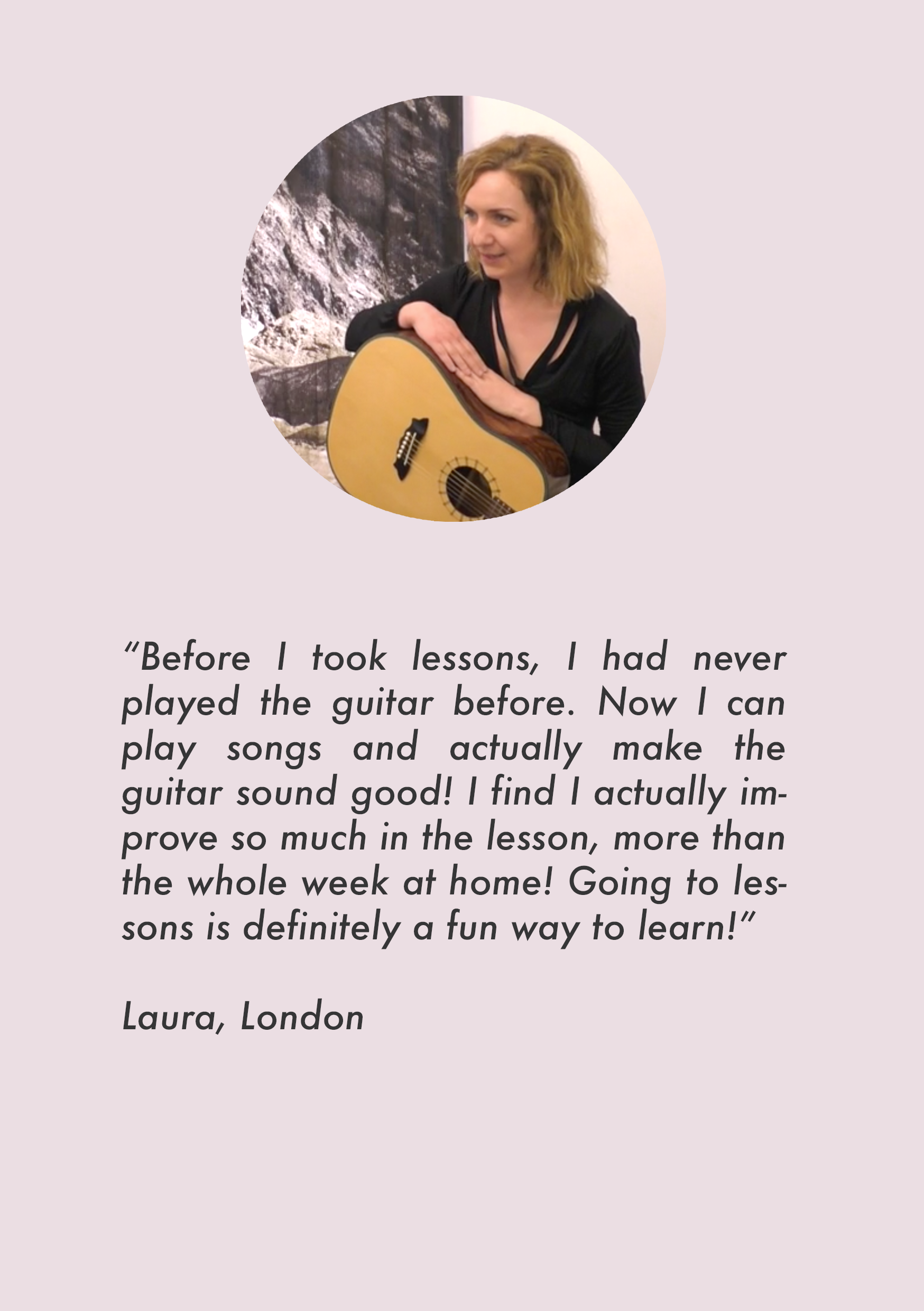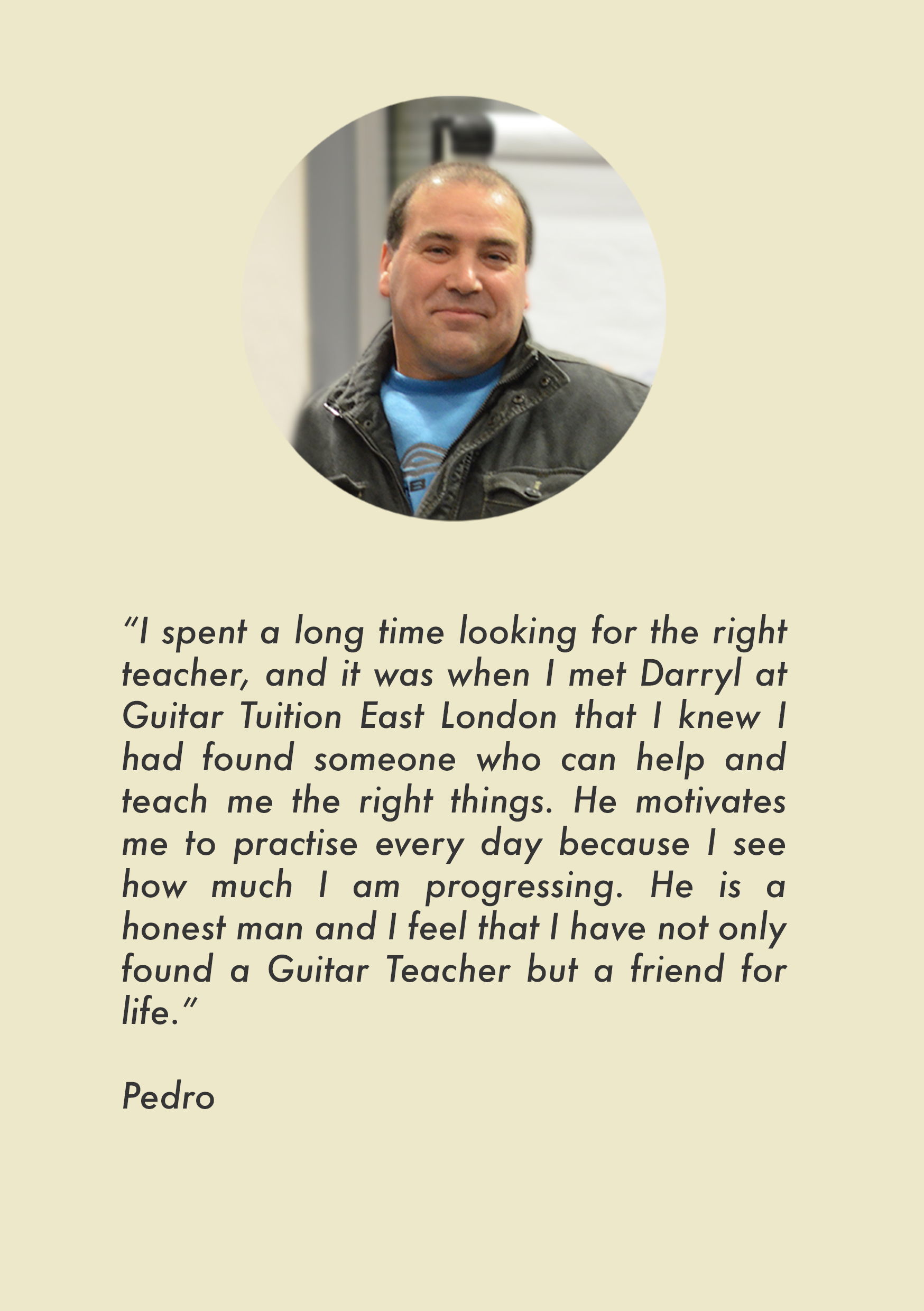What Is Ear Training And Why Should You Do It?
What Is Ear Training And Why Should You Do It?
Ear-Training - What Is It And Why Is It So Important?
- Improving your musical imagination
- Improving your ear-hand coordination
- Hearing what you play BEFORE you play it
- Never forgetting a song ever again!
Who Should Do Ear Training?
If you are just starting to play guitar and learning your first few chords and melodies, then it is probably a little early for you to start ear-training. But if you’ve been playing at least a few months, and have a handle on the basic chords and can play some melodies or scales, or if you are more advanced than that – then ear-training is an essential element to add to your practice routine.
Improving your musical imagination
What ear-training does, is it allows you to HEAR music in your head more vividly. When you image yourself playing a riff in your head, you will hear the notes in your minds-ear a LOT more clearly after working on ear training. It will get to the point where you will be able to hear a piece of music and then know where the notes are on the guitar fretboard!
Improving your ear-hand coordination
Ear-hand coordination is the ability to hear a melody and play it on your instrument, or to play a melody and then be able to hear which scale tones you are playing.
This is NOT to be confused with Perfect Pitch, or Absolute Pitch – the ability to remember perfectly and recognise the sound of each note; if you have this ability, when someone plays a C on the piano, you know straight away that it’s a C. Same for an F#, or a B, or any other note. Scientists say that this is an ability which everyone is born with, but if it’s not developed very early on, even by the time you are 1 year old, the brain has already lost the capability to fully develop it. But don’t worry! That doesn’t make any difference for most musicians. Many (perhaps even most) of the greatest musicians in history did NOT have perfect pitch – they had very good relative pitch. Which is another way of saying they had very good ear-hand coordination.
Hearing what you play BEFORE you play it
When you are improvising, what are you thinking about? Which scale notes to play? What chord you are playing over? What are the arpeggio notes for the chord you are playing over? If you are thinking about any of these things, it’s not very good for the music. However, it is necessary to go through a phase where you have a lot of things to remember and consolidate. Just like when you learned to drive, at first it was difficult because you had to think about when to press the clutch, when to hit the break and when to hit to press the accelerator. After lots of practice, you didn’t have to think about this anymore, you were able to think about where you want to drive to, and your feet and hands automatically do what they need to do to get you there.
That’s what needs to happen eventually when you are improvising; you will think broadly about what you want to achieve – a 10 minute Coltrane-esque wailer perhaps? Or a 1 minute melodic statement… you won’t think about specific chords or arpeggios, because that will all be ingrained and automatic. You will hear it in your head AS you are playing, and the notes will be played by your fingers instantly. You might not play EXACTLY what you hear in your head, but even if you get around 60 or 70% of the music you hear in your head out of your instrument, you will be doing great! The listeners will prefer it too over someone else who is running off scales they learned.
Never forget a song ever again!
If you train your ears well, you will find you never forget songs once they are properly learned. It is MUCH easier to remember a melody than a really long string of numbers (as in fret numbers) or letters (as in note-names). You can probably still remember songs you heard when you were a child. Ear training makes you learn songs quicker and retain them longer.
Find a great guitar teacher in your area to help you learn ear training. If you are in Dublin, Ireland check out the best guitar lessons in Dublin



